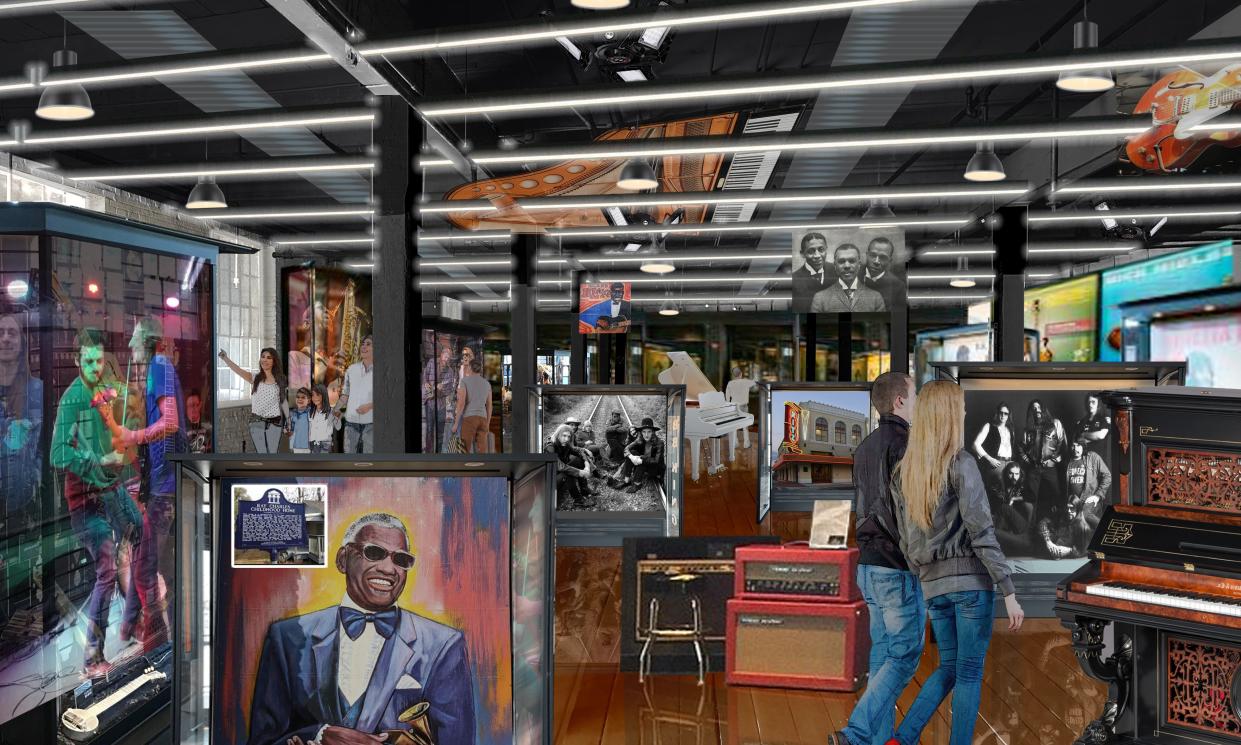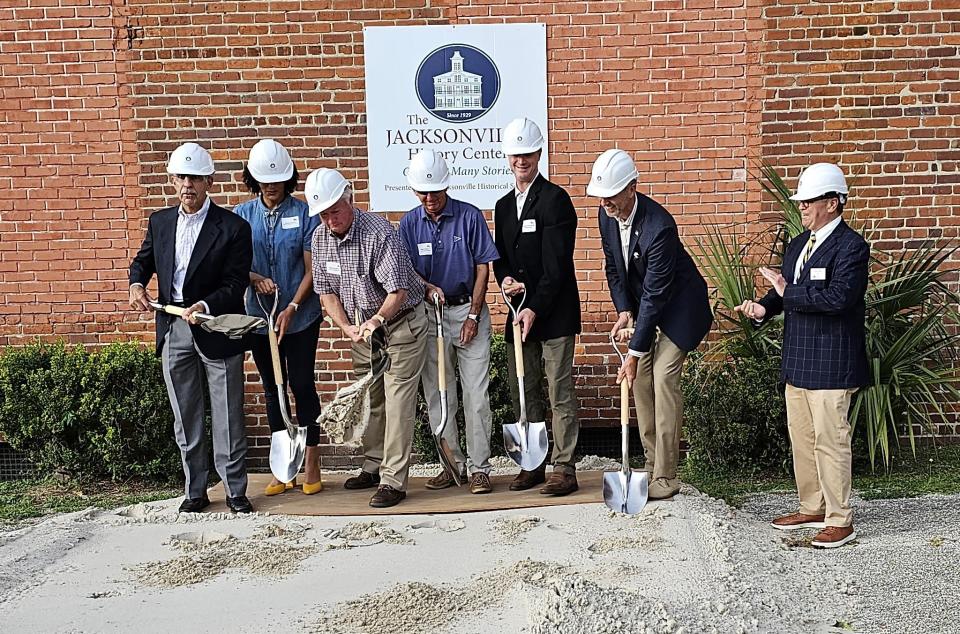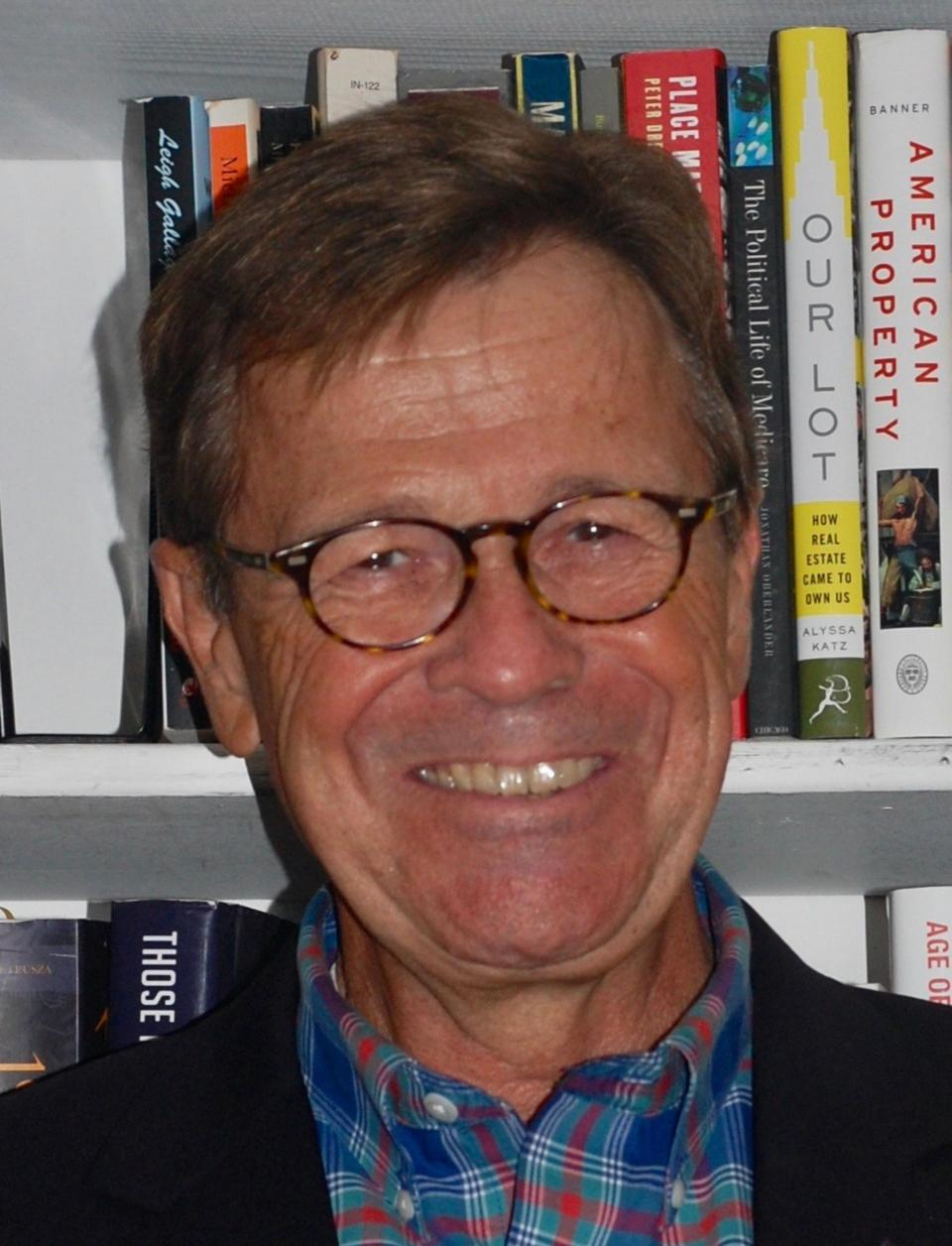Alan Bliss: Public history center adds missing ingredient to Jacksonville civic identity

Florida’s largest city, at 201 years old, lacks a public history center. All of Jacksonville’s peer cities do far more to represent their local past than we do in Jacksonville, even though we have more (and more interesting) history than any of them. Trying to explain why that is so makes for lively conversations that all ultimately fail to justify this missing ingredient in our civic identity.
Tampa, Orlando and Miami each devote immense civic energy and resources to their public history through institutions such as the Tampa Bay History Center, the Orange County History Center and the largest of these three, the HistoryMiami Museum. Miami’s public history institution is a 70,000-square-foot facility in the city’s downtown Miami-Dade Cultural Plaza.
HistoryMiami and the Tampa Bay History Center are both Smithsonian Affiliate museums and are both accredited by the American Alliance of Museums. The Orange County History Center occupies a five-story downtown Orlando building constructed in 1927 as that county’s courthouse, now renovated and adapted to its new public purpose.
The Tampa Bay History Center occupies a 60,000-square-foot, purpose-built facility in Tampa’s downtown waterfront Channelside district. It features a museum store, classrooms, a research facility associated with the Tampa-Hillsborough County Public Library, a gallery exhibiting rare maps, public event space and a café operated by Ybor City’s Columbia Restaurant.
Tampa’s people and their leadership have shown that they value their past, and the facility continues to elevate its delivery of that value. Does Jacksonville deserve any less?
People are products of their background ― their upbringing, education and experience. It is the same with places. Every city is an ever-changing legacy of its past. Knowing about its past is the only way to understand anything meaningful about it in the present.

When the subject is Jacksonville, there is a lot to know; when questions arise about the city’s identity, the answers are complicated, because our past is complicated. Paraphrasing the late Jimmy Buffett, some of our stories are magic and some are tragic, but all deserve to be known, preserved and shared.
Since creating its first strategic plan in 2016, the Jacksonville Historical Society has been thoughtful about its own identity. We will maintain the nonprofit Jacksonville Historical Society, which stands on 94 years of caring, hardworking Jacksonville citizens. But in the 21st century, identifying ourselves as a history center devoted to Jacksonville reflects our mission ― to serve all of the people of this big, complicated city and its many neighborhoods.
The new name builds on the society’s collections of documents, manuscripts, maps, photographs an artifacts that have been accumulated, catalogued an preserved over many decades and (in some cases) dating from the 1800s. Our research library is Jacksonville’s primary reference collection, focused exclusively on this city.
Our fast-growing, diverse collection of recorded and transcribed oral history interviews is nearing 30 years old and represents a unique, invaluable methodology for all manner of historical inquiry. Our collection of interviews about Jacksonville’s music history alone now exceeds 100, which will animate and enrich planned exhibits on that fascinating subject.
Letters: Duval public schools, not charters, should keep all funds from sales surtax
None of Florida’s other major local history centers happened overnight. They grew out of public-private partnerships, creating their own unique recipes for success. Jacksonville must find its own formula. To do that and to take this city’s public history to the next level is the job of the new Jacksonville History Center.
In 49 years, Jacksonville will observe its 250th anniversary. Even more than we already do, the citizens of this place in 2072 will expect and deserve to have a place where they can learn about their city’s past. By then our present moment will be part of this city’s history.
That is why the Jacksonville Historical Society is creating the Jacksonville History Center, beginning in 2023 on our downtown campus.

Alan J. Bliss, Ph.D., CEO, Jacksonville Historical Society and Jacksonville History Center
This guest column is the opinion of the author and does not necessarily represent the views of the Times-Union. We welcome a diversity of opinions.
This article originally appeared on Florida Times-Union: Jacksonville History Center will tell all city's complicated stories

